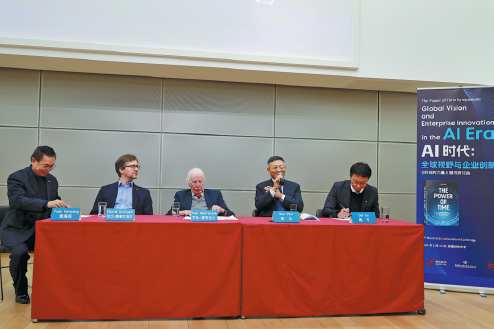China an essential force in tackling global challenge of hepatitis, experts say

China, with its enabling climate for innovative drugs, and extensive expertise and increasing opening-up in clinical trials, will be an important force in helping tackle the global challenge of hepatitis, executives and experts said.
They made the comments during the Asia Pacific Association for the Study of the Liver Annual Meeting held in Beijing last week, which highlighted hepatitis B functional cure and China's pivotal role in shaping global strategies.
"China has a very important role in understanding and combating hepatitis B," said Dickens Theodore, vice-president of Clinical Research and Early Programs at GSK, a multinational pharmaceutical and biotechnology company based in London.
China has one of the highest patients of hepatitis B in the world and a long history of expertise in its treatment, making the country's insights and contributions invaluable in global efforts to address this global health challenge, Theodore said.
Xie Qing, director of infectious diseases department at Ruijin Hospital, which is affiliated with Shanghai Jiao Tong University School of Medicine, said the prevalence rate of hepatitis B in China is around 5 to 7 percent, which is relatively high, despite the great progress made.
As the World Health Organization aims to reduce new hepatitis infections worldwide by 90 percent and related deaths by 65 percent from 2016 to 2030, Xie stressed that China's efforts and experiences in combating the viral disease will be crucial, and that collective efforts would be indispensable.
"To achieve our goals for 2030, we must continue to collaborate across various sectors — government, industry, healthcare professionals, and the media for education." she said.
Currently, patients of hepatitis B require lengthy treatment courses, often lifelong therapy. Without proper treatment, the risks for hepatic cirrhosis and liver cancer are much higher for these patients. Xie highlighted the urgent desire among patients for a functional cure.
As the landscape of treatment evolves, GSK is focusing on novel, short-course therapies that enable patients' bodies to manage the virus effectively, according to Theodore.
"We involve China from the very beginning of the research program," Theodore said. "We have been committed to working alongside China's efforts in hepatitis prevention and control, working closely with local researchers, patients, and government bodies, which have done a lot to facilitate innovation."





































